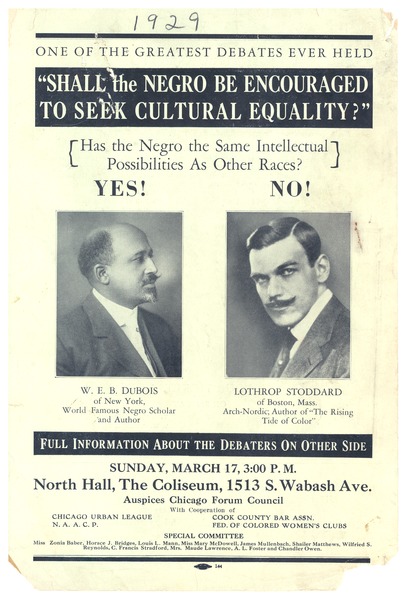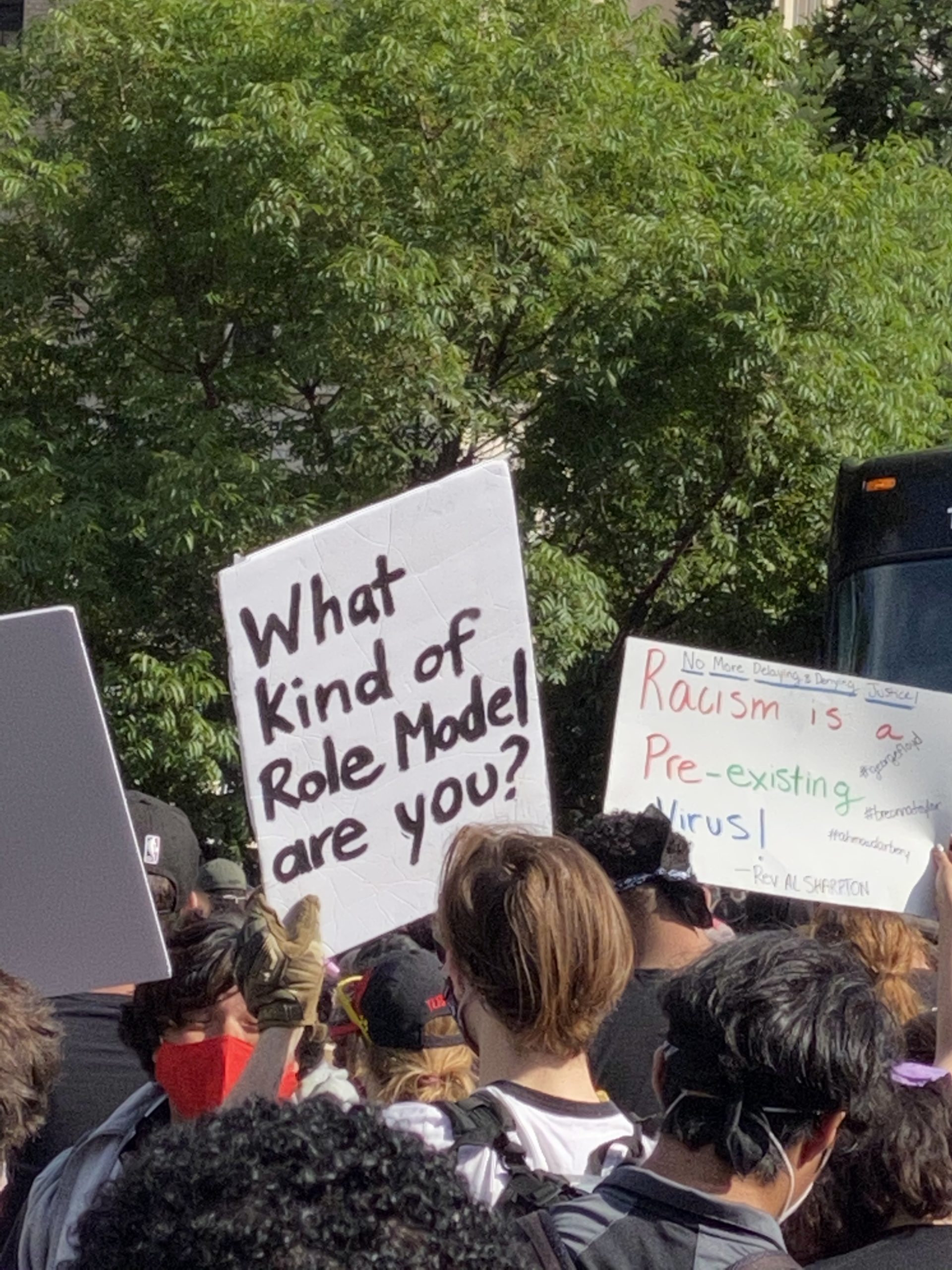The ISA statement lacks not only comparative history but also local historical depth. It also distorts moral responsibility.


The ISA statement lacks not only comparative history but also local historical depth. It also distorts moral responsibility.

This is the second installment in our series on Race&IR.This is a guest post from Ebby L. Abramson who is a Doctoral student in the political science program at the University of Ottawa and a...

This post, part of the Bridging the Gap channel, is written by Rosella Cappella Zielinski, an Assistant Professor of Political Science at Boston University and non-resident...

This is the first post in our series on Race&IR.This is a guest post by J.P. Singh--Professor of International Commerce and Policy at the Schar School of Policy and Government, George Mason...
Recently there has been a lot of talk about one of those issues academics (at least in the U.S.) obsess about: how to get tenure and the job security as well as license to (supposedly) speak truth to power that comes with it. This round of conversations started when Stephen Walt gave some, rather generic, advice in his Foreign Policy piece "How to Get Tenure". As a long-time professor at Harvard, Walt certainly has experience - but with a very particular kind of (highly privileged) institution and hence, while not wrong per se, his advice certainly is limited in a number of ways. One such...
[Note: This is the second of two guest posts on life in the Liberal Arts Colleges from Sarah Stroup and Amy Yuen, both Associate Professors of Political Science, Middlebury College] According to the 2014 TRIP survey, at least one in six IR faculty in the United States teach at a liberal arts college.[1] If you want one of those jobs, how do you get it? In this second post (part I here), we identify a few steps, gathered based on our own experiences and those of colleagues at other colleges, that are likely to help you in the liberal arts pool. There are at least three things to know about...

As many who read this blog will note, I am often concerned with the impact of weapons development on international security, human rights and international law. I’ve spent much time considering whether autonomous weapons violate international law, or will run us head long into arms races, or will give some incentives to oppress their peoples. Recently, however, I’ve started to think a bit less about future (autonomous) weapons and a bit more about new configurations of existing (semi-autonomous) weapons, and what those new configurations may portend. One article that came out...
This is a guest post by Kathleen Gallagher Cunningham (@kgcunnin), Associate Professor of Government and Politics at the University of Maryland. Foreign Policy recently published our article on women and the tenure process in International Relations. The article centers on the challenges women face and offers some suggestions on how to manage them for pre-tenure women based on our experiences. We conclude the article, in part, with a call to allies (i.e. people who are not, or are no longer, affected by these biases or are in a position to address them). Here, I offer 8 ways that such...

In 1941 Heinrich Himmler, one of the most notorious war criminals and mass murders, was faced with an unexpected problem: he could not keep using SS soldiers to murder the Jewish population because the SS soldiers were breaking psychologically. As August Becker, a member of the Nazi gas-vans, recalls, “Himmler wanted to deploy people who had become available as a result of the suspension of the euthanasia programme, and who, like me, were specialists in extermination by gassing, for the large-scale gassing operations in the East which were just beginning. The reason for this was that the...

I’ve been wanting to write a Duck post about the experience of a woman with visible minority status in IR for quite some time now. I was waiting for the right moment. So thanks to the American Political Science Association (APSA), the professional association for US-trained political scientists, the moment has come. Yesterday morning, an email came from a friend with a screenshot. The screenshot showed an attractive Asian woman in a frilly top who looks like she’s having a good time looking into the camera. I was confused. Then I read the blurb next to it: this was a promotion from...
This is a guest post by Theo McLauchin (@TheoMcLauchlin), Assistant Professor of Political Science at the Université de Montréal When is a norm not a norm? I ask this question when I read Colin Elman and Arthur Lupia’s vigorous defense of the Data Access & Research Transparency (DA-RT) initiative in APSA’s Comparative Politics section newsletter. I think Elman and Lupia try to have it both ways. Their piece argues, first, that journals need to adopt norms of openness. It then argues, in defense of DA-RT against a series of concerns that it will bring the editorial hammer down on many...
Last week, I asked a question online that was asked of me and then I asked at the ISA two weeks ago: Can you name women of color working in the US or Canada who do IR and are full professors? At the ISA, folks could only name one or two. On twitter and facebook and my blog since then, the total has increased to eleven: · Neta Crawford of Boston University. · Condoleeza Rice, who was a full prof at Stanford before becoming provost and then worst National Security Adviser. · Jacqueline Braveboy Wagner, City College of New York. · Reeta Tremblay of U of Victoria. · L.H.M Ling of the New...